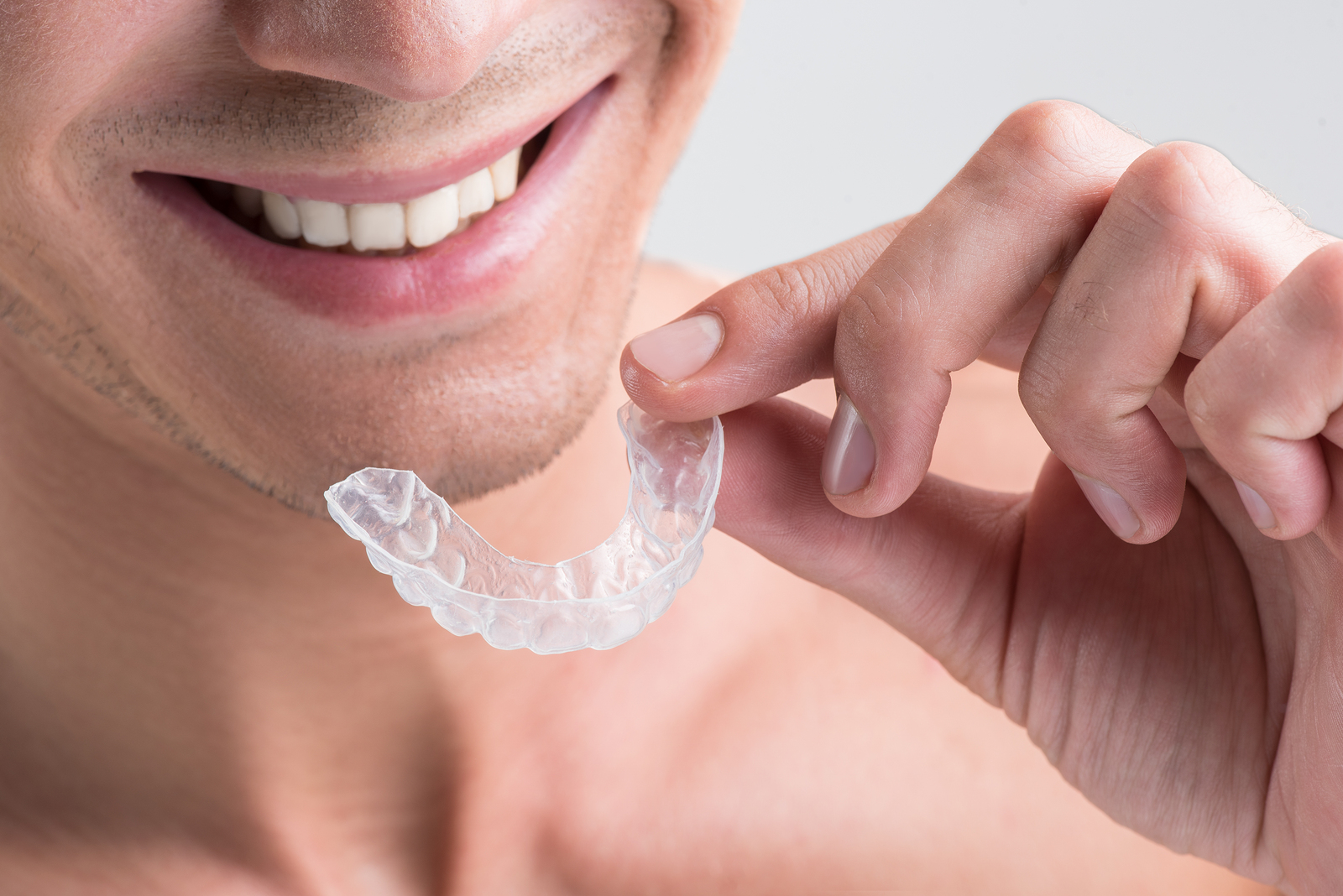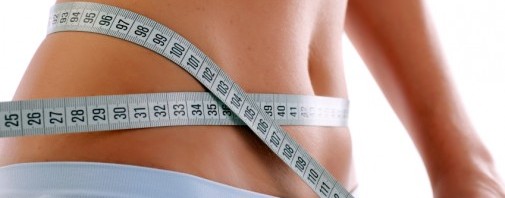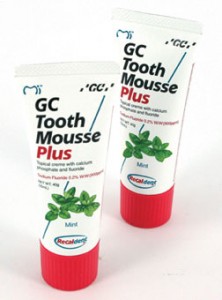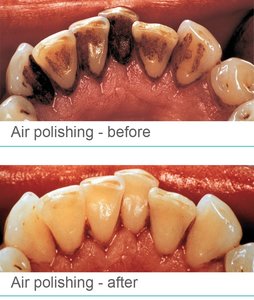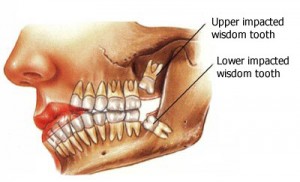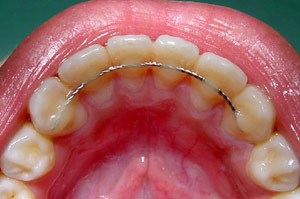Each and every day at least three Australians are being diagnosed with oral cancer
How can you reduce your risk of oral cancer?
Don’t smoke.
If you are a smoker, consider quitting. More than 80% of oral cancers in Australia occur in people who smoke. Talk to your dentist or doctor about how smoking affects your oral and general health.
Drink alcohol in moderation.
Heavy drinking, defined as more than four standard drinks on a single occasion, increases your risk of mouth cancers. Don’t underestimate your consumption – a 150ml glass of wine is 1.6 standard drinks, a 425ml bottle of full-strength beer equals 1.6 standard serves. Have regular alcohol free days.
Protect your skin.
Avoid getting sunburnt, apply broad spectrum sunscreen to any exposed skin including your lips or apply a lip balm with a high SPF rating. Wear a hat when outdoors and if possible, avoid being outside in the middle of the day when UV rays are at their highest.
Eat plenty of fruit and vegetables, particularly those high in antioxidants.
Eating a diet rich in fruit and vegetables can help to reduce the risk of developing cancer. Eating a minimum of eight serves of vegetables per week, compared to three or less, decreases the chance of mouth cancer by 50%.
Talk to your health professional about the HPV vaccination.
The vaccination protects against the strains of HPV that can cause cervical cancer and may also protect against the types of oral cancers caused by the HPV.
Have regular dental checkups.
When we check your teeth we are also checking the rest of your mouth. If you haven’t been to see a dentist in the last 6 months, especially if there is something you are concerned about, book in to see us so we can put your mind at ease.
In addition:
If you notice a spot or sore on your lip or in your mouth that looks unusual or doesn’t heal, or if you have any numbness, pain or tenderness in your mouth, visit your dentist or doctor as soon as possible.
Look after your teeth and mouth. Brush your teeth twice a day and floss daily.
Haven’t been in to the dentist in a while? Book an appointment online and come in to see us for a check up and clean!






